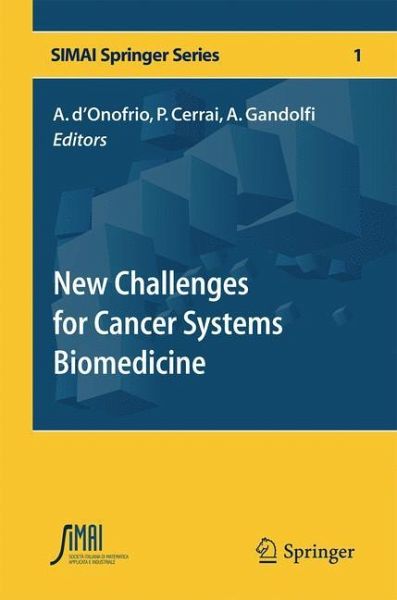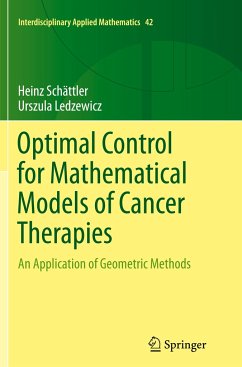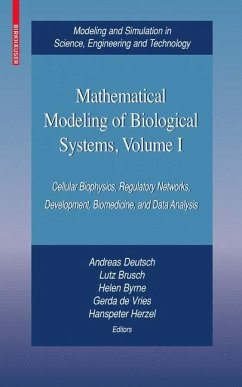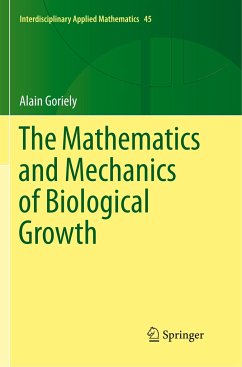
New Challenges for Cancer Systems Biomedicine

PAYBACK Punkte
38 °P sammeln!
The future of oncology seems to lie in Molecular Medicine (MM). MM is a new science based on three pillars. Two of them are evident in its very name and are well known: medical science and molecular biology. However, there is a general unawareness that MM is firmly based on a third, and equally important, pillar: Systems Biomedicine. Currently, this term denotes multilevel, hierarchical models integrating key factors at the molecular, cellular, tissue, through phenotype levels, analyzed to reveal the global behavior of the biological process under consideration. It becomes increasingly evident...
The future of oncology seems to lie in Molecular Medicine (MM). MM is a new science based on three pillars. Two of them are evident in its very name and are well known: medical science and molecular biology. However, there is a general unawareness that MM is firmly based on a third, and equally important, pillar: Systems Biomedicine. Currently, this term denotes multilevel, hierarchical models integrating key factors at the molecular, cellular, tissue, through phenotype levels, analyzed to reveal the global behavior of the biological process under consideration. It becomes increasingly evident that the tools to construct such complex models include, not only bioinformatics and modern applied statistics, as is unanimously agreed, but also other interdisciplinary fields of science, notably, Mathematical Oncology, Systems Biology and Theoretical Biophysics.














